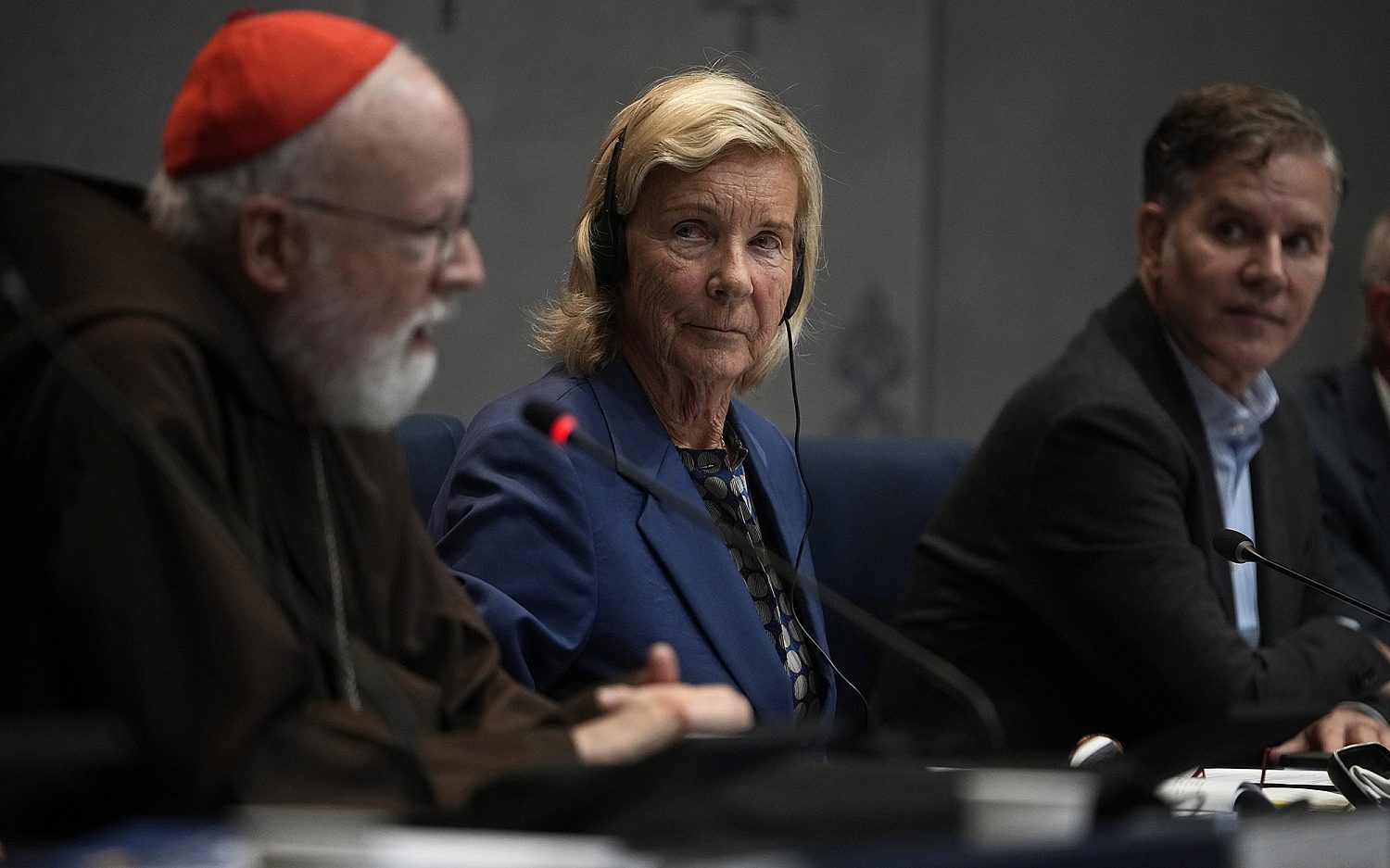Victim punished for outing vandals
The leader of DePaul University’s Young Americans for Freedom (YAF) chapter is fighting charges he intimidated 13 students who vandalized a pro-life display. After the students confessed to the crime, Kristopher Del Campo released their names to the public.
School officials charged Del Campo with “disorderly, violent, intimidating or dangerous behavior to self or others,” and violating the school’s judicial process for sending the list of vandals to the national YAF organization. The organization posted the list on its blog. Del Campo is appealing the charges.
The incident began in January, when Del Campo and the YAF chapter got permission from the university to place 500 pink and blue flags in the school quad as a memorial to aborted babies on the 40th anniversary of Roe v. Wade. That night, Del Campo went to take down the flags but found they already had been removed and thrown into trash cans around campus.
He reported the incident to the school’s public safety department, who investigated and found 13 people who admitted to destroying the display. “They stated they are classmates, and had seen anti-abortion posters around campus earlier in the day that they found offensive,” wrote public safety investigator Kevin Connolly in his report about the incident. “They had an emotional discussion prior to class, and after class they all walked out to the quad together. They then started pulling up all the flags and put them in garbage cans and carried some off to their next class.”
The public safety department gave Del Campo a copy of the report, which included the list of 13 names. He forwarded it to the national YAF group, which posted it online. A few days later, DePaul administrators notified Del Campo that he was suspected of violating the school’s student policy of intimidating or dangerous behavior and judicial process.
But the Foundation for Individual Rights in Education (FIRE), which is backing Del Campo, said the student had done nothing wrong in releasing the names and should not be punished for simply being a victim. Del Campo is on probation until he graduates later this year, is not allowed to have any contact with the 13 vandals, and must write a three-page reflection paper on the incident.
“If releasing the name of people who committed a crime against you is wrong, DePaul needs to change its policy,” said Robert Shibley, senior vice president at FIRE, “Let’s say a student is sexually assaulted … would DePaul charge the victim for revealing the perpetrator, if he had admitted to it? That would be crazy and morally obtuse if that’s DePaul’s rules.”
FIRE, which advocates for student rights on college campuses, believes DePaul’s ruling could create an “intense chilling effect” for victims of a crime to speak out against their perpetrators out of fear they could be punished.
As for the vandals, Shibley does not know how or if the school punished them.
In an article in DePaul’s school newspaper, one anonymous vandal said releasing the names “created an unsafe environment based on the threats [and] comments we have been receiving.” Some commenters on the YAF site made disparaging remarks against the vandals, and searched for their information through Facebook or blogs.
But Shibley said that if threats are made toward the vandals, it isn’t Del Campo’s responsibility. It is an issue for the person making the threats.
“When you commit a crime, it’s usually a public affair—except on college campuses—you have to realize it’s not a secret,” Shibley said. “People will be upset with you for committing the crime. It’s easy to avoid, just don’t engage in vandalism.”
An actual newsletter worth subscribing to instead of just a collection of links. —Adam
Sign up to receive The Sift email newsletter each weekday morning for the latest headlines from WORLD’s breaking news team.





Please wait while we load the latest comments...
Comments
Please register, subscribe, or log in to comment on this article.